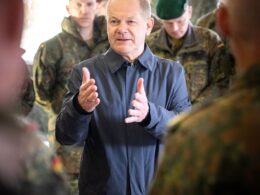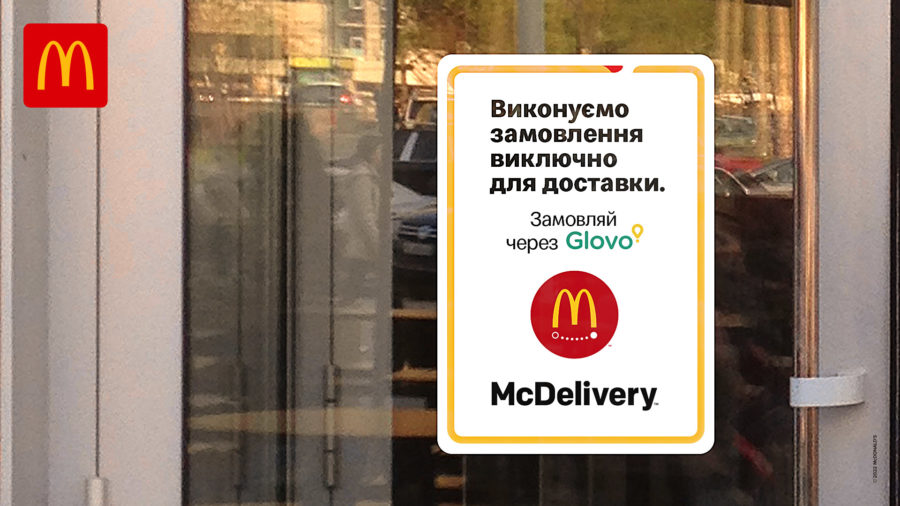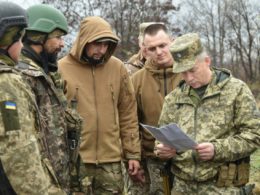During seven months of the war, Ukraine’s positions have strengthened, which is reflected in the latest proposals of the Kyiv Security Treaty presented by Ukrainian President’s Office Head Andrii Yermak and the 12th Secretary General of NATO Anders Fogh Rasmussen. Compared to the negotiating positions in March, Ukraine is demanding stricter security guarantees.
The differences between the proposals of the Kyiv Security Treaty by Andrii Yermak and Anders Fogh Rasmussen in September and Ukrainian negotiating positions in Istanbul in March were noted by journalist Viktoria Zhuhan:
- March: Russia and China among potential security guarantors
September: Russia and China are not on the list - March: Ukraine promises to change the Constitution and guarantees not to join NATO
September: The aspiration to join NATO is enshrined in the Constitution, security guarantees cannot be an exchange for neutral status - March: Security guarantees do not apply to Crimea and ORDLO
September: The territorial scope of the guarantees extends to the entire territory within the internationally recognized borders of Ukraine. - March: Ban on placing a foreign contingent in Ukraine, military exercises can be conducted only with the consent of the guarantors
September: Joint training of the Armed Forces of Ukraine and partners on the territory of Ukraine with foreign instructors and advisers; guarantees should not exclude any form of support to ensure Ukraine’s self-defense - March: For the agreement to take effect, the Russian army must retreat to positions occupied on 23 February 2022, i.e. Crimea and Donbas remain under Russian control.
September: The guarantors must refrain from lifting the sanctions against Russia agreed since 2014 until Moscow: a) stops its aggression against Ukraine; b) guarantees that it will not attack Ukraine in the future; c) compensates Ukraine for damages caused during the invasion.



